Iran (IMNA) - For World Soil Day 2020, the Food and Agriculture Organization (FAO) has chosen the theme "Keep soil alive, protect soil biodiversity". This campaign aims to raise awareness about the importance of preserving soil biodiversity for sustainable agricultural practices. Soil biodiversity refers to the wide variety of organisms, such as bacteria, fungi, worms, and insects, that inhabit the soil and contribute to its health and fertility.
By promoting the protection of soil biodiversity, the FAO emphasizes the need to maintain a balanced ecosystem that supports plant growth, nutrient cycling, and carbon sequestration. Preserving soil biodiversity is crucial in mitigating climate change, ensuring food security, and maintaining overall environmental sustainability.
A Crucial Natural Resource Supporting Biodiversity and Food Production
In a remarkable revelation, recent studies have uncovered the vital role played by soil in sustaining our planet's biodiversity. This precious natural resource is home to an astonishing 25 percent of the world's biodiversity, providing sanctuary for a diverse array of living organisms. Astonishingly, about 90 percent of these organisms rely on the soil at some point in their life cycle. Moreover, the soil's significance extends beyond its subterranean domain, as it plays a pivotal role in supporting animal biodiversity above ground, encompassing both wildlife and domesticated livestock.
However, perhaps the most widely recognized function of soil lies in its indispensable contribution to food production. Startling statistics indicate that an overwhelming 95 percent of our global food supply is either directly or indirectly reliant on soil. This fundamental resource serves as a veritable lifeline for food-producing plants, furnishing them with essential nutrients, water, and oxygen necessary for their growth and abundant harvests.
The extraordinary diversity harbored within the soil and its critical role in sustaining food production underscore the urgent need for its preservation and effective management. As we navigate the challenges of the modern world, safeguarding this invaluable resource becomes paramount to ensure the well-being of both our planet and its inhabitants.
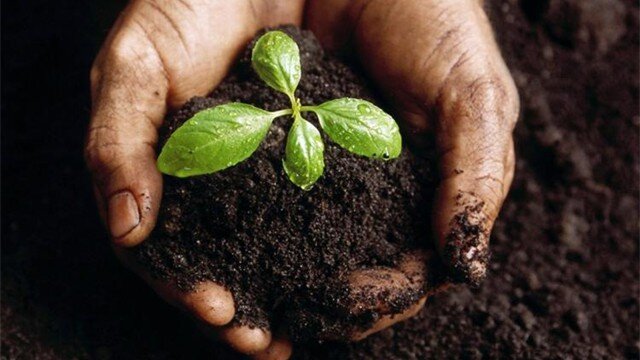
Iran's Soil Erosion Rate Eight Times Higher Than Global Average
In a concerning revelation, recent statistics indicate that Iran is experiencing a soil erosion crisis, with its erosion rate surpassing the global average by eight times. According to the latest data, the country loses a staggering 2 billion tons of soil each year. This alarming figure was highlighted in the 2018 report by the United Nations Development Program, which estimated the total global soil erosion to be 24 billion tons annually. Astonishingly, Iran alone accounts for one-twelfth of this worldwide erosion.
Considering that Iran occupies just one percent of the Earth's land area, this disproportionate erosion rate underscores the severity of the situation. The nation is grappling with severe degradation and soil erosion, jeopardizing the continued growth and maintenance of its natural and managed vegetation. This includes diverse forests, grasslands, and an extensive range of cultivated or managed species crucial for food, feed, fuel, fiber, and medicinal products.
It is evident that urgent measures are required to address this pressing issue and protect Iran's valuable soil resources.
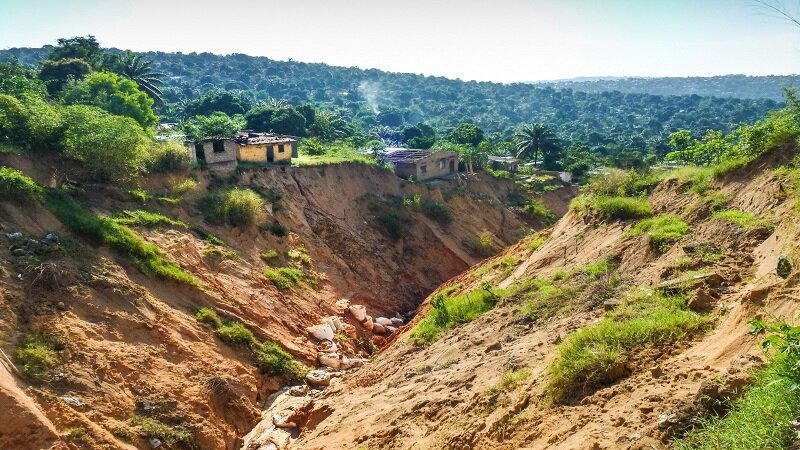
Land-Use Change Identified as Major Cause of Severe Soil Erosion in Iran
In Iran, the alarming rate of severe soil erosion has raised concerns among experts, revealing that it takes an estimated 800 years to generate a mere centimeter of soil. This dire situation requires immediate attention from both the public and the government, with efforts needed to be twice the global average.
The economic impact of this issue cannot be overlooked. Each ton of soil holds a value of $28 in terms of metal ores. Shockingly, the country experiences an annual loss of two billion tons of soil, amounting to a staggering $56 billion annually. This figure surpasses the revenue generated from the sale of oil, agricultural products, gardens, livestock, poultry, and fisheries combined.
Experts have identified land-use change as the primary cause of soil erosion in Iran. When forests and pastures are destroyed, the exposed land becomes highly vulnerable to water and wind erosion. During floods, the absence of vegetation leaves the soil defenseless, resulting in substantial soil loss. It is crucial to address this issue promptly to preserve the country's valuable soil resources.
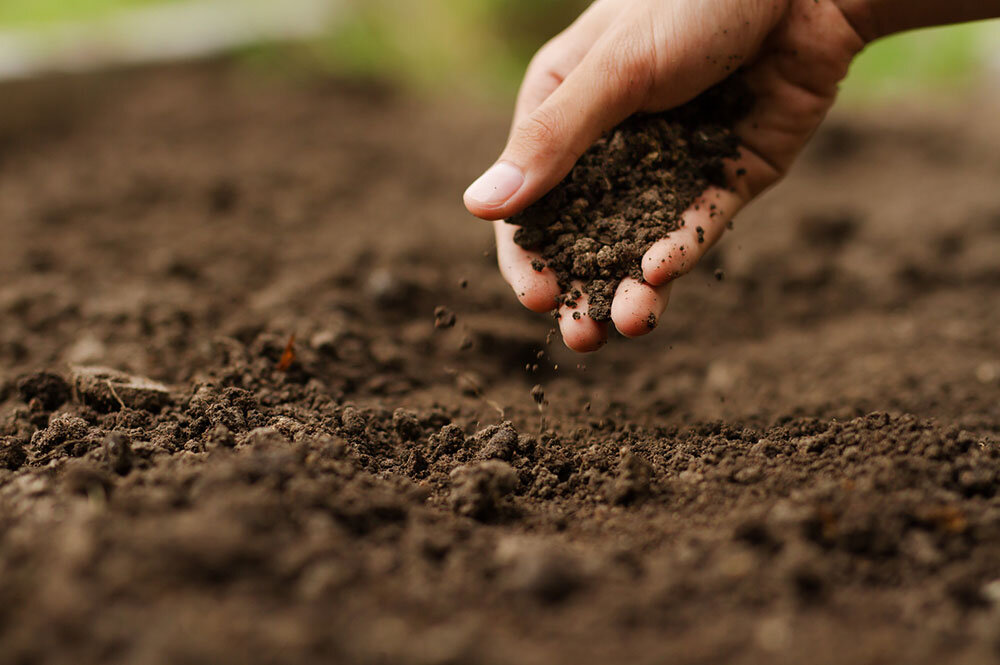
Iran Ratifies Landmark Law on Soil Conservation to Protect Environment
In a significant move towards safeguarding the environment, the Guardian Council has officially ratified a crucial law on soil conservation. This groundbreaking legislation, which had previously been passed by the Majlis (Iranian Parliament) in February, aims to address the pressing issue of soil pollution and contamination.
After an arduous 14-year endeavor led by the Department of Environment, this bill has finally received approval. The Department of Environment will now assume the responsibility of monitoring and managing business units that contribute to soil pollution, even having the authority to shut down industries found guilty of contaminating the soil. Additionally, owners of mining, industrial, and manufacturing units engaged in trade are now legally obligated to comply with the provisions outlined in this law.
One of the pivotal measures introduced by the law is the complete prohibition of trading or exporting soil. However, there are exceptions for the extraction of minerals and the exportation of minimal quantities of soil for research purposes, subject to stringent legal regulations.
While the ratification of this law is undoubtedly a significant milestone, the true effectiveness lies in its enforcement. It is imperative that strict measures are implemented to ensure compliance with the law, thereby preserving the integrity of the environment and securing a sustainable future for generations to come.
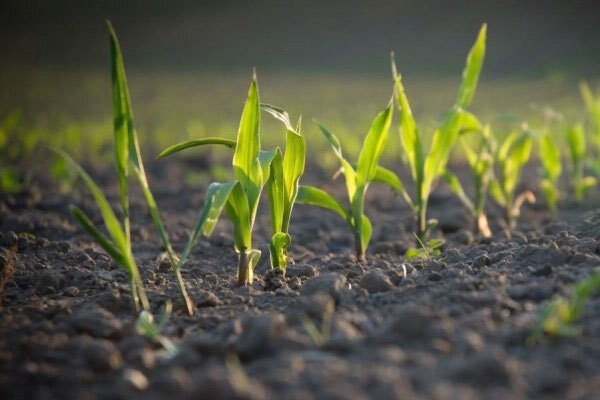
Soil's Rich Biodiversity and Carbon Storage Mitigate Climate Change
In a recent statement, Kioumars Kalantari, the head of the Department of Environment's natural environment and biodiversity division, emphasized the crucial role of soil in balancing climatic conditions. He highlighted how the rich biodiversity and organisms present in soil contribute to reducing greenhouse gases, which are the primary drivers of climate change and global warming.
According to Kalantari, the soil currently holds an astonishing 3,000 billion tons of carbon. This amount is approximately 315 times greater than the carbon presently released into the Earth's atmosphere. This substantial carbon storage capacity showcases soil's significance in mitigating climate change.
One of the key factors that make soil vital in addressing climate change is its ability to store carbon over the long term. While carbon left on the surface can only survive for a year or two, it can persist for hundreds or even thousands of years when sequestered in the soil. This stabilization occurs through the combination of carbon with soil minerals, preventing its release back into the Earth's atmosphere as greenhouse gases.
By recognizing soil as a crucial component in climate change mitigation, we can better understand the importance of preserving and managing our soil resources. Through sustainable practices that protect soil biodiversity and enhance carbon sequestration, we can work towards a more balanced and resilient climate system.
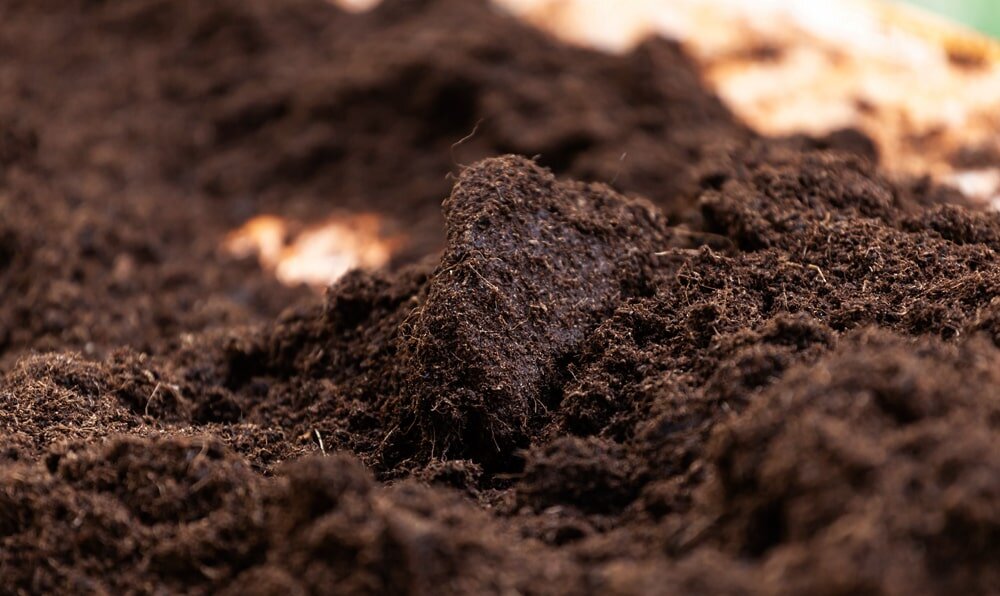
Iran Faces Severe Soil Erosion as Global Challenges Intensify
In recent news, an expert highlighted the importance of preserving soil health and addressing the challenges posed by climate change. Soil that stores significant amounts of carbon plays a crucial role in maintaining its overall well-being. This healthy and fertile soil possesses the ability to retain large amounts of water and nutrients, making it flexible and resilient. However, it is essential to prevent contamination of the soil from the outset.
To enhance soil health, new methods of crop and agricultural management should be adopted to increase its biological potential. By implementing these techniques, we can safeguard the components of biodiversity, genetic resources, and human health. The expert emphasized that maintaining soil health is of utmost importance, as it contributes to the preservation of our environment and sustains agricultural productivity.
Moreover, it was noted that the world is currently grappling with two significant challenges: climate change and soil erosion. Unfortunately, at the national level, Iran is facing severe soil erosion. This alarming situation necessitates immediate attention and action to mitigate its adverse effects on agriculture and the environment.
It is evident that protecting and improving soil health requires a comprehensive approach that addresses both global and local challenges. By implementing sustainable practices and raising awareness about the significance of soil conservation, we can work towards a healthier and more resilient agricultural system.


Your Comment